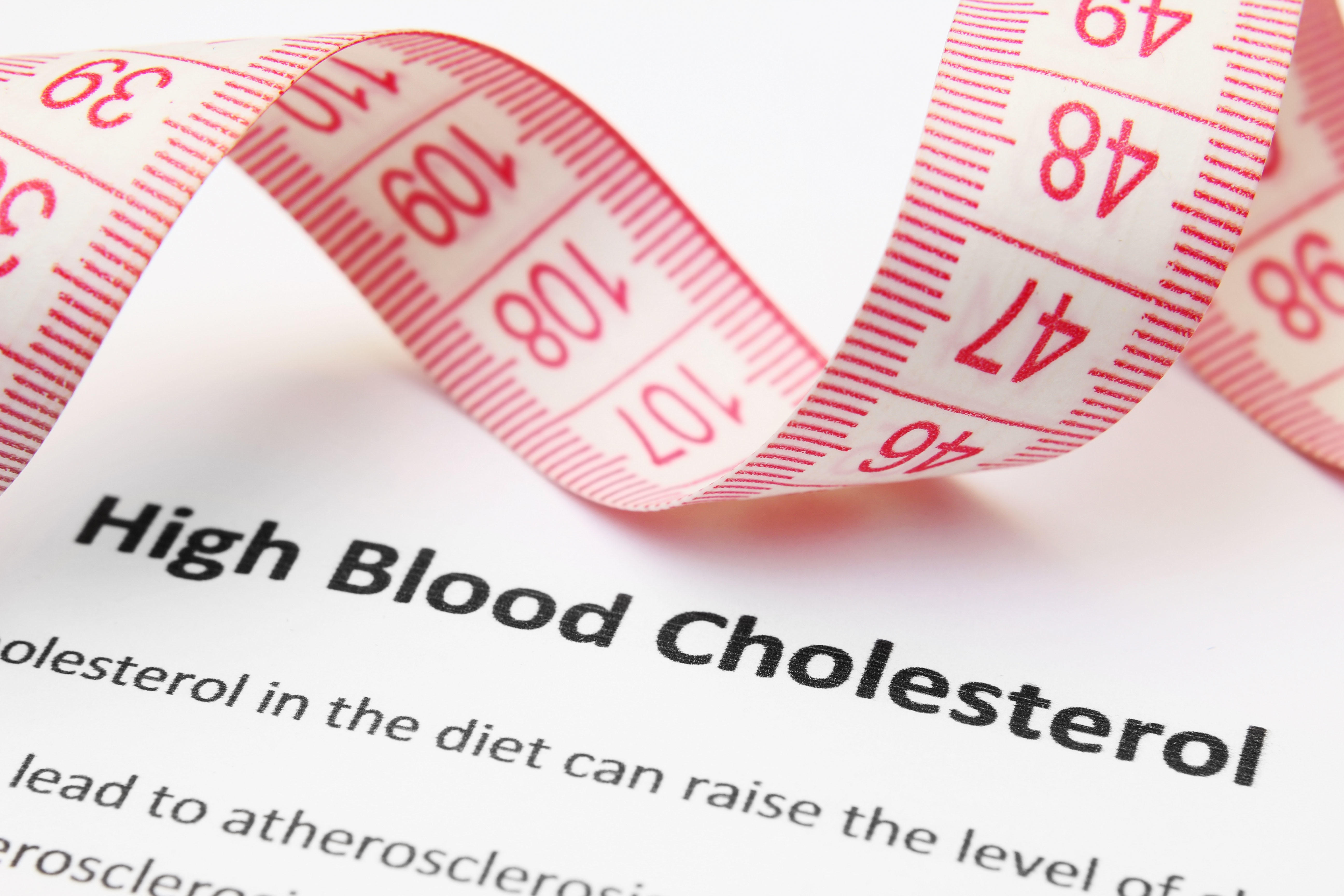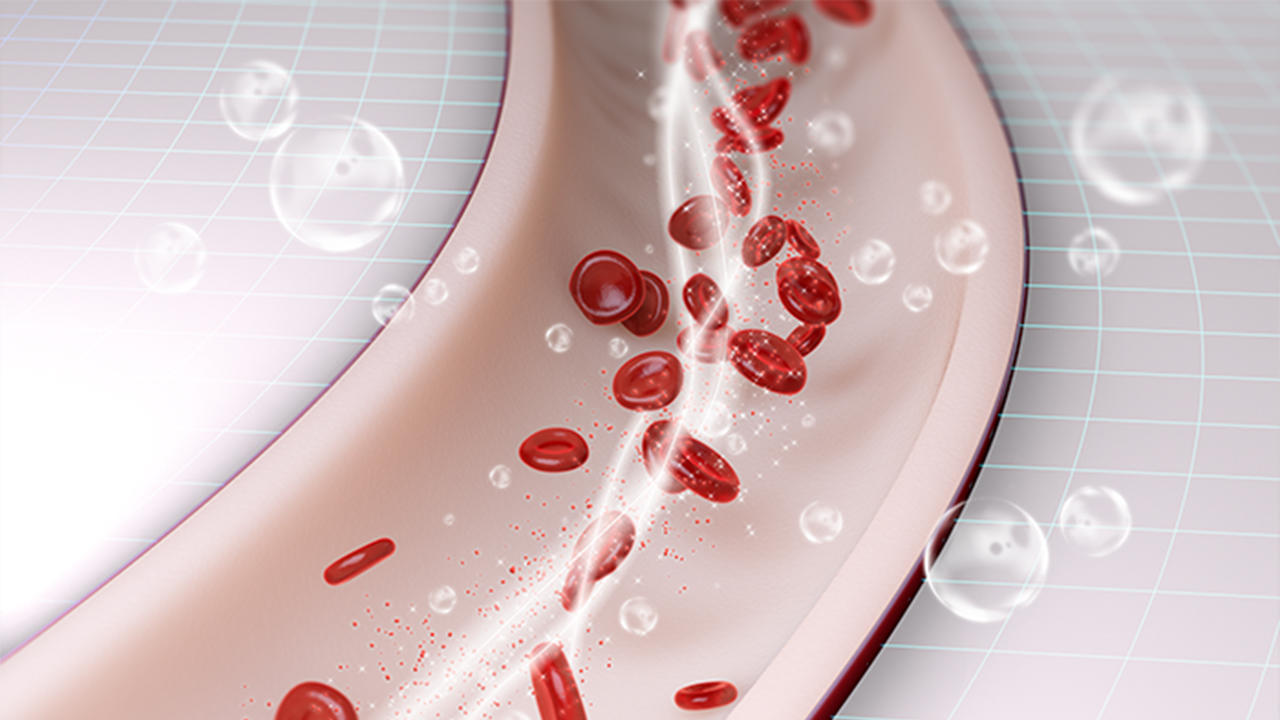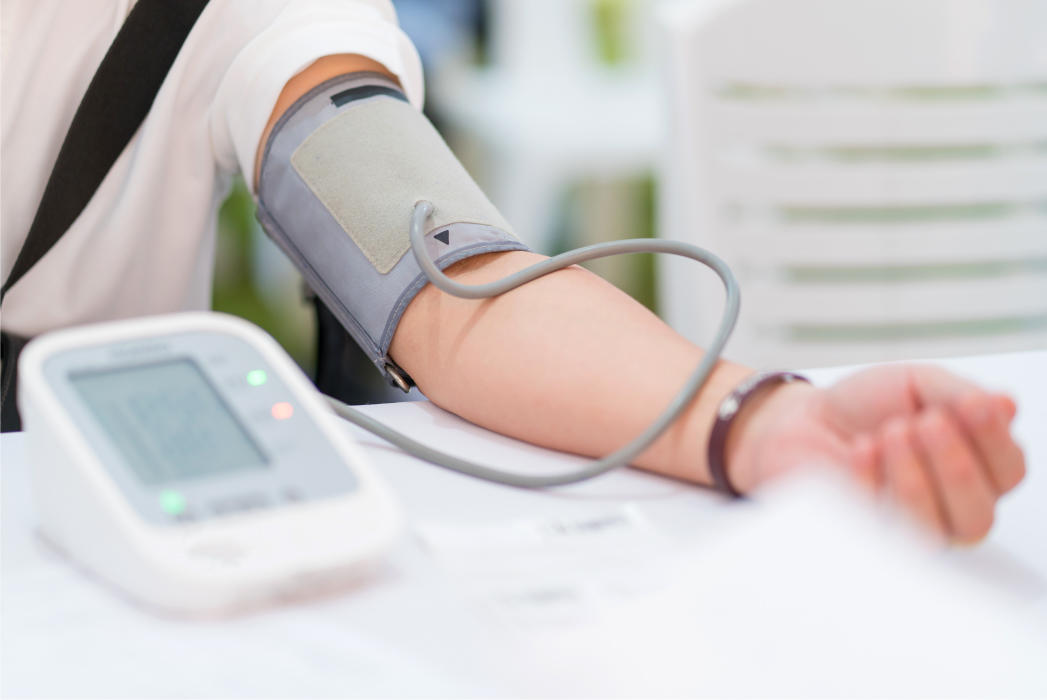Skip to main contentHow your weight can be a risk to your circulation
More articles you will love

Leg Symptoms
Causes & Conditions

Leg Symptoms
Health & Advice

Leg Symptoms
Causes & Conditions

Leg Symptoms
Causes & Conditions

Leg Symptoms
Health & Advice




